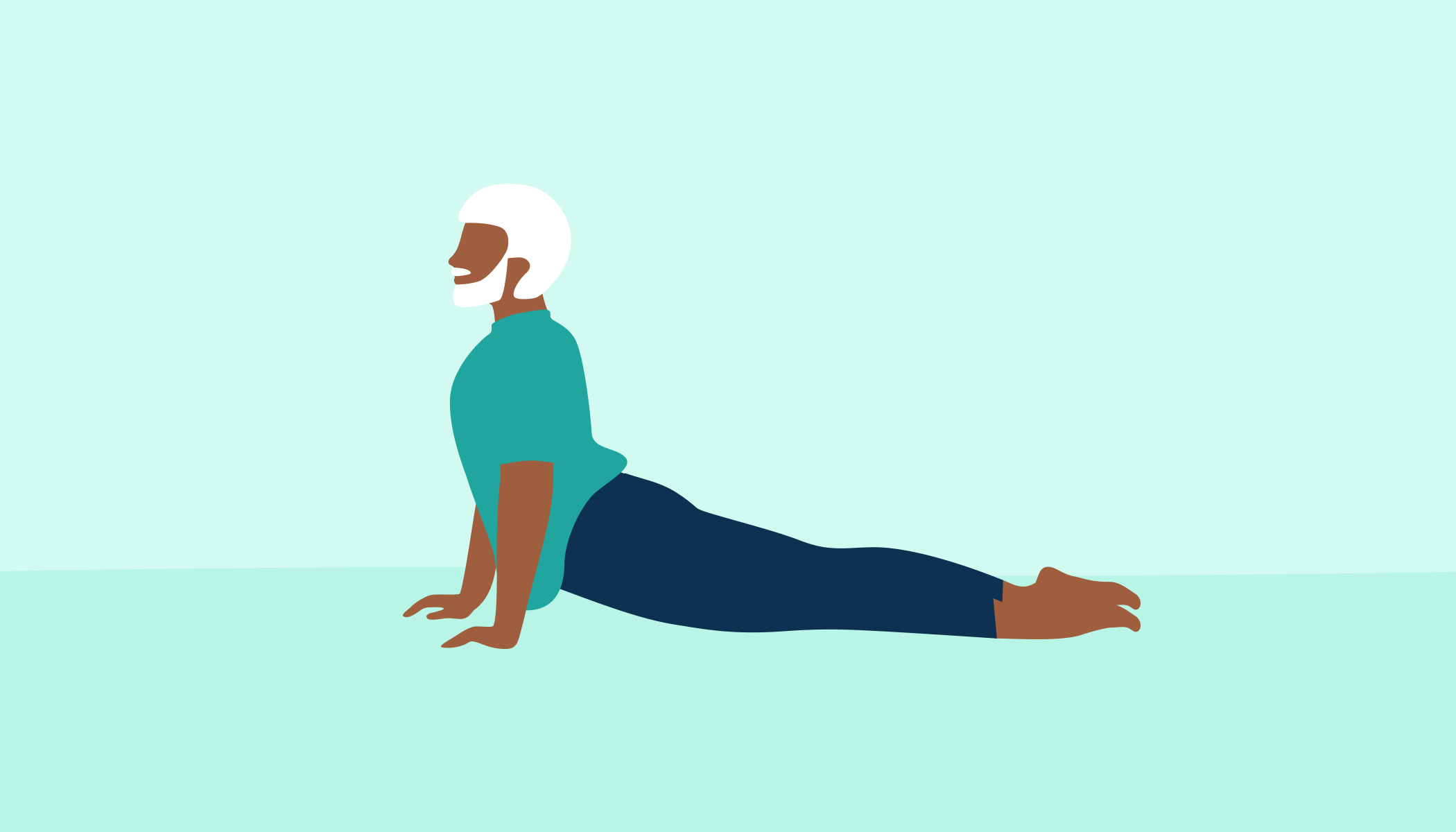Irritable bowel is more common than we may think as it affects up to around 20% of the population. Irritable bowel syndrome (IBS) is a common long-term condition of the gut that affects how the digestive system works. It can cause stomach cramps, bloating, constipation and diarrhoea. IBS can make simple things like going to work, eating out or chilling out with friends- a real challenge.
What is IBS?
Irritable Bowel Syndrome (IBS) is diagnosed when your GP has ruled out other more serious gut issues and underlying conditions like inflammatory bowel disease (IBD) that can present in the same way. This is especially relevant for those that are presenting for the first time with IBS symptoms and are 50 or over.
The key signs include:
Bloating or feeling puffy around your stomach
Symptoms that get worse after eating
Changes in your poop—either too loose, too hard, or switching between the two
If you’ve been dealing with these symptoms for at least six months, it’s worth chatting with a doctor. Here’s an easy way to remember the main symptoms: ABC
Abdominal pain (cramps or aches, usually worse after eating)
Bloating (plus excess gas, aka ‘flatulence’)
Changes in bowel habits (constipation, diarrhoea, or both)
Other common symptoms include:
Backache
Tiredness
Peeing more than usual
What causes IBS?
The exact cause of IBS isn’t known, but it’s thought to be linked to:
Gut muscle contractions: When muscle contractions in the bowel are stronger or weaker than they should be, it can make food move too quickly or slowly through the gut.
Brain-Gut connection: There could be a disruption in the nerve signals between your brain and your intestines.
An infection: IBS can occur after a severe case of an infection like gastroenteritis, caused by bacteria or a virus.
Microbiome imbalance: Upsetting the balance of microorganisms like bacteria and fungi in the digestive tract can cause IBS symptoms.
Other factors that can put you at greater risk of developing IBS include:
Stress and anxiety
Family history
Environment
Mental health conditions like anxiety and depression
How is IBS diagnosed?
There’s no specific test for IBS, but a doctor will check your symptoms and rule out other conditions. A doctor will do a physical examination and ask you about your symptoms. It may help to keep a diary of your symptoms for a few weeks before your appointment, making a note of:
The foods you eat
The symptoms you experience and how badly they affected you
When they occur and how long they last
What you were doing at the time, for example, after eating
Sometimes your GP, may do blood tests or taking a poo sample for analysis to rule our infections or other gut conditions.
How can I manage IBS symptoms?
There are lots of ways to relieve different IBS symptoms. Medications like laxatives can relive constipation; or antispasmodics like buscopan peppermint oil support stomach pain while antidiarrheal medicines reduce diarrhoea.
However, lifestyle changes often make the biggest difference. Here’s what helps:
Eat regularly – Skipping meals or eating at random times can make symptoms worse. Try sticking to a routine.
Balance your fibre – Too much or too little can be a problem. A mix of soluble fibre (oats, fruit, veggies) is best.
Limit caffeine & alcohol – Both can irritate your gut.
Manage stress – Stress is a huge IBS trigger. Try exercise, meditation, or even therapy like CBT (Cognitive Behavioural Therapy).
Try linseed for bloating – A tablespoon of linseed daily can help keep things moving.
If basic lifestyle tweaks aren’t enough then you can explore exclusion diets. Diets like the FODMAP diet- which should only be recommended by a dietitian- involve avoiding foods that are not easily broken down by the gut while you still get the nutrients you need.
The diet is for people with IBS and other specific digestive issues who may find eliminating certain foods helps to alleviate some or all of their symptoms. FODMAPs are types of carbohydrates found in certain foods, including wheat and beans. Studies have shown strong links between FODMAPs and digestive symptoms. Treatment usually involves a combination of medication and changes to your diet and lifestyle.
IBS is different for everyone. There’s no single medicine that treats IBS, so it can take time and patience to find the right combination to manage your IBS symptoms. Talk to a doctor or pharmacist to see what they advise. IBS might be unpredictable, but with the right approach, you can still live your life without it calling the shots.

